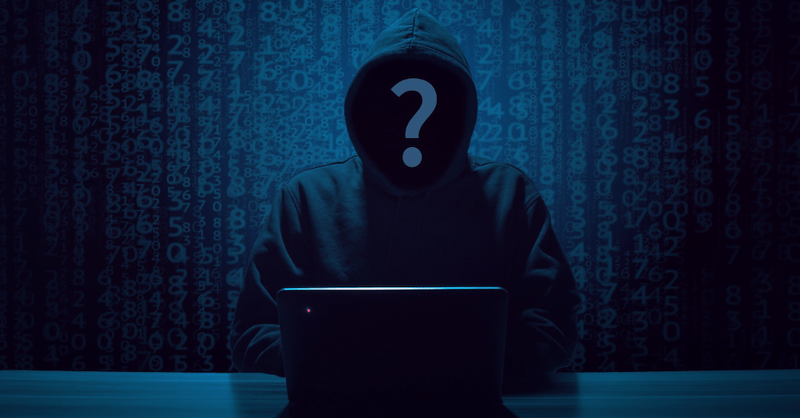War in the 2020s: how it can all start with cyberattacks
Before the Russian tanks rolled into Ukraine, the country was first attacked by malware. Intelligence flows in many ways in times of war.

At this point, we are following the war in Ukraine with concern, filled with images of bombing and destruction.
However, a cyber warfare conflict was already taking place even before the Russian invasion of its neighbour began.
In early February, a few days before the military operation on soil began, Ukraine was hit with several cyberattacks in its defence ministry and army websites, as well as the interfaces of its two leading banks. At the time, the country's digital transformation minister, Mykhailo Fedorov, said the attacks had been "prepared in advance, and the key goal of this attack was to destabilise, to sow panic, to do everything to create a certain chaos".
As the country dealt with hundreds of thousands of Russian troops stationed near its border, on what was back then being dubbed as a "military exercise" by the Kremlin, its security officials were investigating the attacks, saying the Russians were suspects and that the malware "bore traces of foreign intelligence services".
According to Fedorov, the attack likely cost "millions of dollars" to execute. Even though cybercrime has become an industry worldwide, such investment would be too high for individual hackers and groups.
The eve of battle
The cyber incidents were far from over. A few hours before the invasion began, the Ukrainian government and bank sites were sent a new wiper malware.
Another sign of how history is being written right now is the fact that the malware was first picked up by Microsoft's Threat Intelligence Centre. They warned the Ukrainian government and worked with the White House and other major countries to halt the spread of the malware.
On the company's website, Microsoft's president Brad Smith wrote about how the company was not a government nor a country, but that it was working in "constant and close coordination" with Ukraine, the White House, NATO, and the EU, sharing codes of the malware, working on ways to stop it, and implementing advanced cybersecurity tools.
As the war continues, the battlefield is certainly on the grounds where lives are being lost. However, there is also an online front, with hacker groups and governments facing each other in the cybersphere.
From the actions of international intelligence agencies to announcements made by hacker groups or "collectives", there is an online battle that will undoubtedly shape the way wars are fought - and won in the future.
More from our blog
Unmasking Social Engineering Attacks: Types and Prevention Techniques
What you need to know to strengthen your human firewall and keep your data safe
How encryption can help the finance industry win the battle against cyberattacks
Why fully functional data-in-use encryption is THE tool to help financial institutions mitigate the costs of data breaches.
Why Cybersecurity must be a top priority in Healthcare
The healthcare industry is a target for cybercriminals. Here's how cybersecurity can help protect data - and lives.


